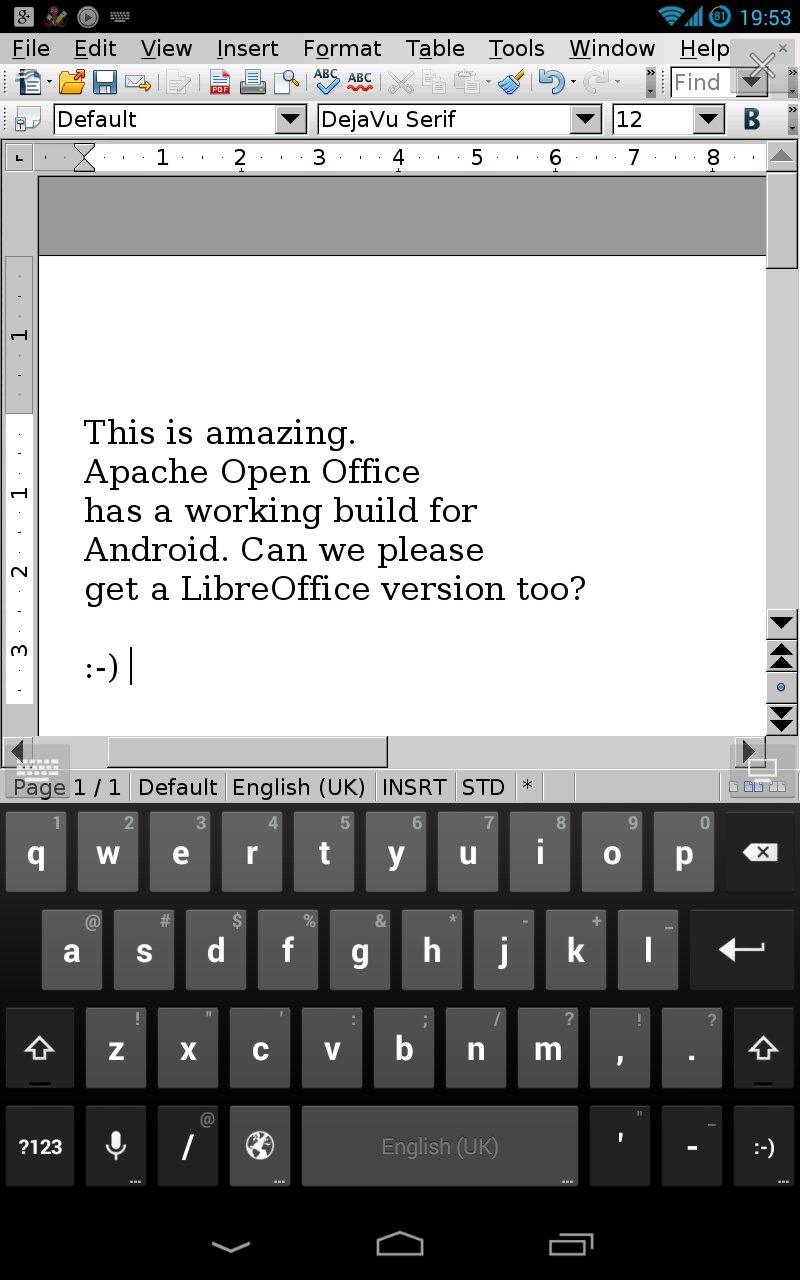We’re taking a little break for the holidays, but will be posting a couple of less timely stories to keep things interesting…
For all the talk from some about how terrible and “anti-American” Ed Snowden and Chelsea Manning are for distributing secret government documents that revealed misbehavior on the part of the government, the Digsby blog highlights a historical parallel that I hadn’t heard about before: the Hutchinson Letters Affair, in which Benjamin Franklin essentially played the role of Snowden and Manning.
The short version is that Franklin obtained — through means unknown — a packet of letters written by Massachusetts Lieutenant Governor Thomas Hutchinson and Andrew Oliver to Thomas Whately, the assistant to UK Prime Minister George Grenville, concerning how to deal with the increasingly angry colonists in the late 1760s. This was at the time that colonists — especially in Massachusetts — were increasingly angry about moves by the UK to raise taxes and remove their rights. Hutchinson more or less suggested accelerating the process.
In the letters, Hutchinson made some damning comments about colonial rights. Even more provocative, Hutchinson recommended that popular government be taken away from the colonists “by degrees”, and that there should be “abridgement of what are called English liberties”. Specifically, he argued that all colonial government posts should be made independent of the provincial assemblies. Finally, he urged his superiors to send more troops to Boston to keep American rebels under control.
Upon obtaining these (while in London), Franklin realized that they were somewhat explosive, and he quickly sent copies to some friends in the US, starting with Thomas Cushing (apparently no known relation to our own Tim Cushing), and told him to share them with others, but to not have them published. However, after Cushing and Sam Adams saw them, they figured out how to get them out:
The letters arrived in Massachusetts in March 1773, and came into the hands of Samuel Adams, then serving as the clerk of the Massachusetts assembly. By Franklin’s instructions, only a select few people, including the Massachusetts Committee of Correspondence, were to see the letters. Alarmed at what they read, Cushing wrote Franklin, asking if the restrictions on their circulation could be eased. In a response received by Cushing in early June, Franklin reiterated that they were not to be copied or published, but could be shown to anyone.
A longtime opponent of Hutchinson’s, Samuel Adams narrowly followed Franklin’s request, but managed to orchestrate a propaganda campaign against Hutchinson without immediately disclosing the letters. He informed the assembly of the existence of the letters, after which it designated a committee to analyze them. Strategic leaks suggestive of their content made their way into the press and political discussions, causing Hutchinson much discomfort. The assembly eventually concluded, according to John Hancock, that in the letters Hutchinson sought to “overthrow the Constitution of this Government, and to introduce arbitrary Power into the Province”, and called for the removal of Hutchinson and Oliver.[ Hutchinson complained that Adams and the opposition were misrepresenting what he had written, and that nothing he had written in them on the subject of Parliamentary supremacy went beyond other statements he had made. The letters were finally published in the Boston Gazette in mid-June 1773, causing a political firestorm in Massachusetts and raising significant questions in England.
There was apparently then a huge hullabaloo over who leaked the letters, even leading to a duel in England, before Franklin stepped up and admitted to “leaking” the letters, and then defended that action, by noting that the letters were written by “public officials for the purpose of influencing public policy,” and thus implying that it was reasonable for the public to know about them. In other words, the same basic reasons behind what Manning and Snowden did. Franklin did get punished for all of this, but it was nothing compared to the fates of Snowden and Manning. As Harry Blutstein writes in the link above:
On January 29, 1774, Franklin was hauled up before the Privy Council to explain why he had leaked letters in the ‘Hutchinson Affair’. He was accused of thievery and dishonor, called the “prime mover” of Boston’s insurgents and charged with being a “true incendiary”. Throughout the hearing, Franklin maintained a dignified silence. For his disloyalty to the Crown, he Privy Council held off sending Franklin the gallows or even sentencing him to an afternoon in the stocks. Instead, Solicitor General Alexander Wedderburn was satisfied with the tongue-lashing he meted out to Franklin and the next day the Board of Trade dismissed Franklin from his post as Deputy Postmaster General of the North America colonies.
Had the Espionage Act been in place in Great Britain in 1774, Franklin would not have been around to lead the War of Independence, nor would he have been around to raise vital funds to support the rebellion and we would not have seen his signature on the Declaration of Independence or the United States Constitution.
Perhaps those who are slamming Snowden and Manning as “traitors” ought to learn a little history about some of our most famous and respected founding fathers.
Permalink | Comments | Email This Story













































